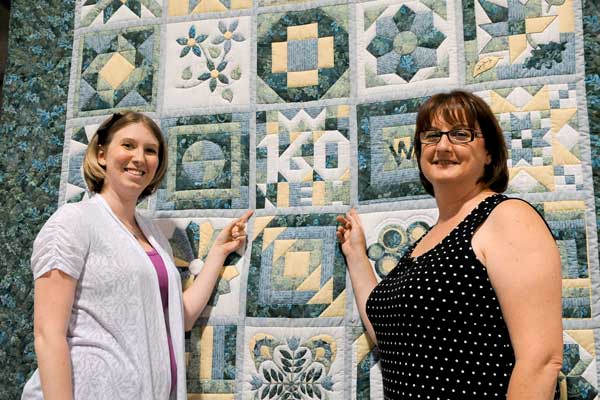Municipal representatives meet in Elmira to discuss idea first proposed by Woolwich Youth Soccer
The possibility of smoke-free play areas was on the agenda Tuesday as representatives from Waterloo Region and all of its member municipalities met in Elmira.
The preliminary effort was aimed at determining if there’s a consensus, allowing for the possible adoption of a region-wide bylaw to restrict smoking around soccer pitches, baseball diamonds, playgrounds and similar recreation areas.
The ball got rolling in the spring of 2012 when the president of Woolwich Youth Soccer approached township council about banning smoking from around play areas. The goal was to prevent participants, often children, from exposure to second-hand smoke.
Since that time, Woolwich has been exploring options, including gauging interest among the other municipalities in the region, director of recreation and facilities Karen Makela said this week.
She noted the meeting of her counterparts brought no commitments, but a willingness to investigate the options, as the process is still in the early stages. Makela is to help prepare a report that those at the meeting can take back to their respective councils for consideration.
If there’s some consensus to move forward, she added, then the process could become more involved, including public consultations. Among the details to be considered is whether restrictions would include a setback distance from play areas or a blanket ban on municipal property, for example.
For Jonathan Mall, the region’s manager of tobacco and cancer prevention, the fact similar restrictions are already in place in other municipalities will be helpful in coming up with a bylaw here.
“We see positive outcomes from a health perspective,” he said of smoke-free play spaces.
Mall, who represented the Public Health department at Tuesday’s meeting, said the region or individual municipalities have the ability to create a local bylaw that is stronger than the provincial legislation that restricts smoking around schools and hospitals, for instance.
A ban on smoking around play areas benefits not only kids – “there is no safe level of second-hand smoke” – but is also helpful for those adults trying to kick the habit, as it removes smoking from the immediate vicinity of where parents gather to watch their children play. There are also environmental benefits, as cigarette butts strewn all over the ground are full of chemicals that can leech into the ground, he said.
Public Health is available to provide information and guidance to the municipalities as they consider a smoking ban, which the department certainly endorses, said Mall.
“We’re able to provide the knowledge of the positive health aspect for a smoke-free outdoor environment.”
If a ban does happen, it’s not likely to be overnight, however. Both Makela and Mall note that it’s not uncommon for the process to take a year or two given the meetings, public input and the number of drafts needed to get the wording right, especially with several municipal governments involved.
Careful attention is needed, Makela added, to ensure the bylaw is enforceable. That’s likely to be a key issue in any discussions. And it’s also a good reason for having a ban that extends region-wide, sending a consistent message to smokers using outdoor recreation facilities throughout the area.
Many Woolwich parents find themselves at sports fields in neighbouring municipalities, for instance, she noted. With a blanket policy, there would be no confusion from one location to the next.









